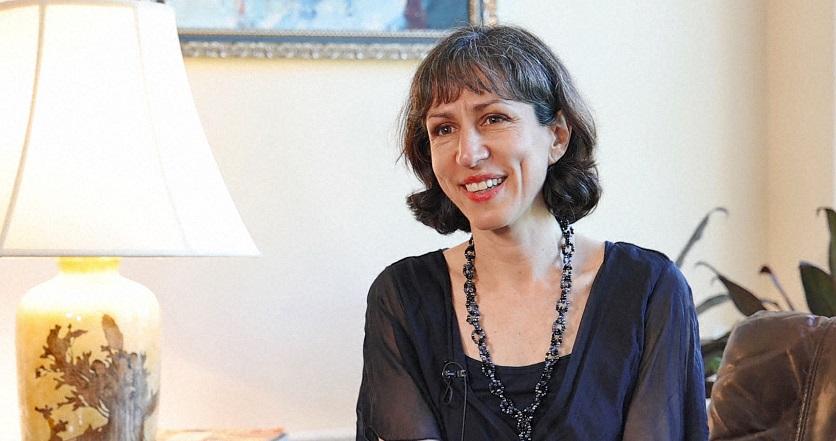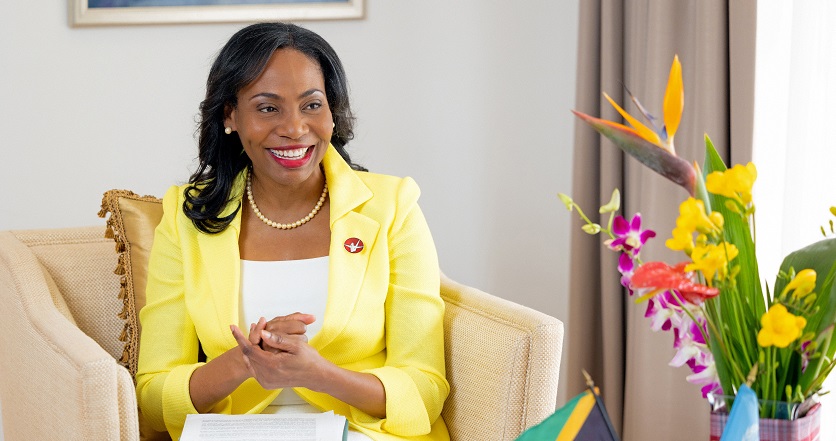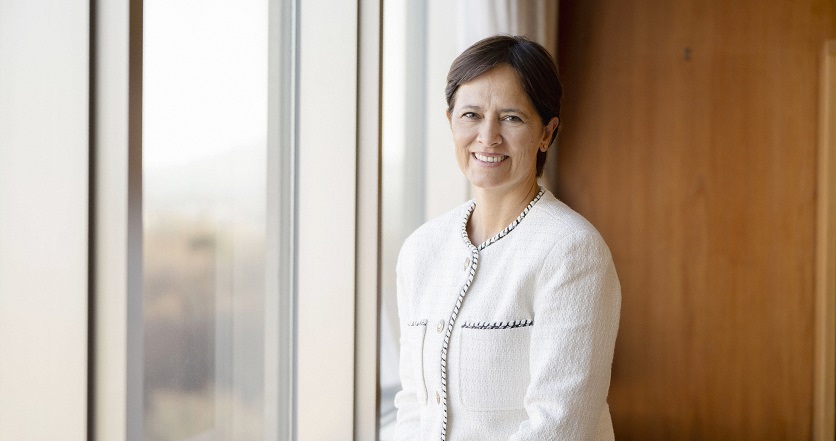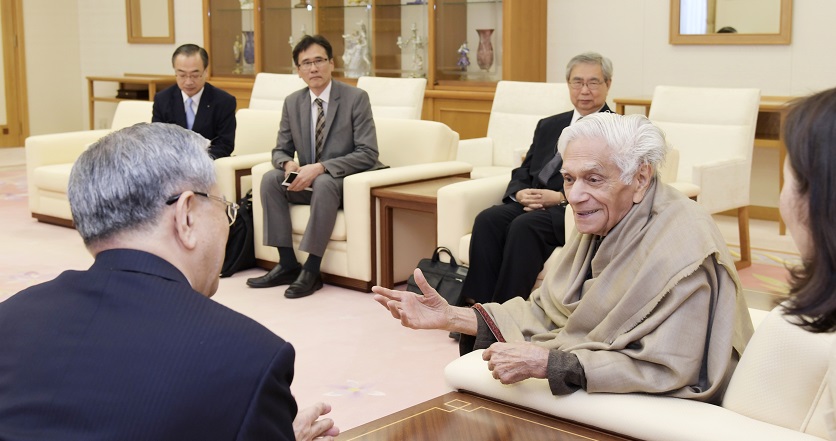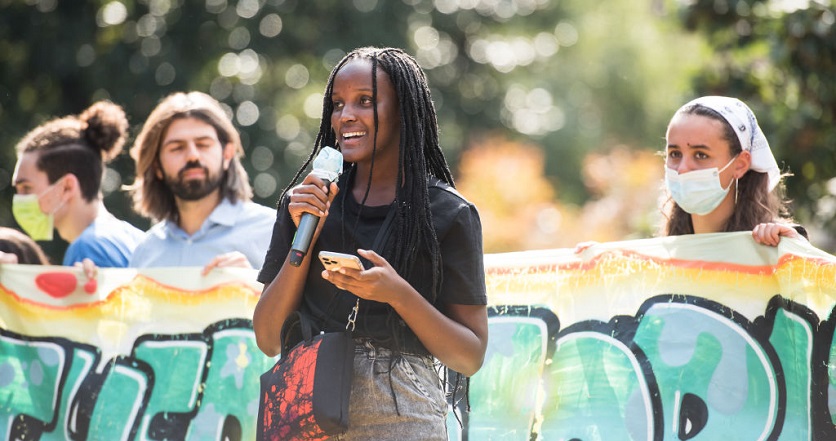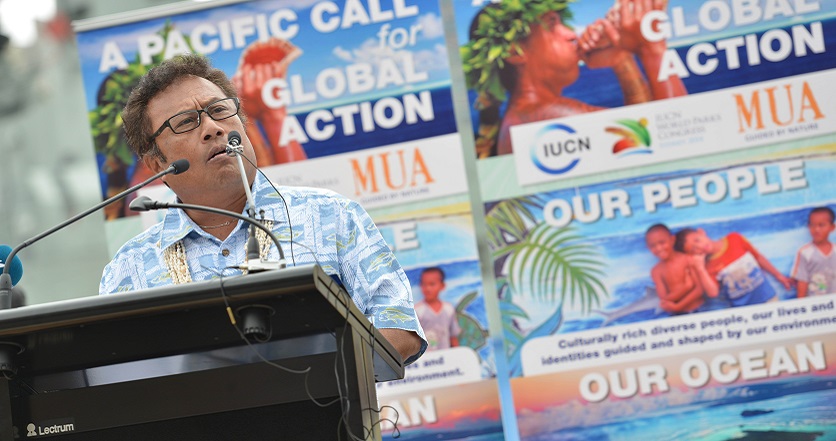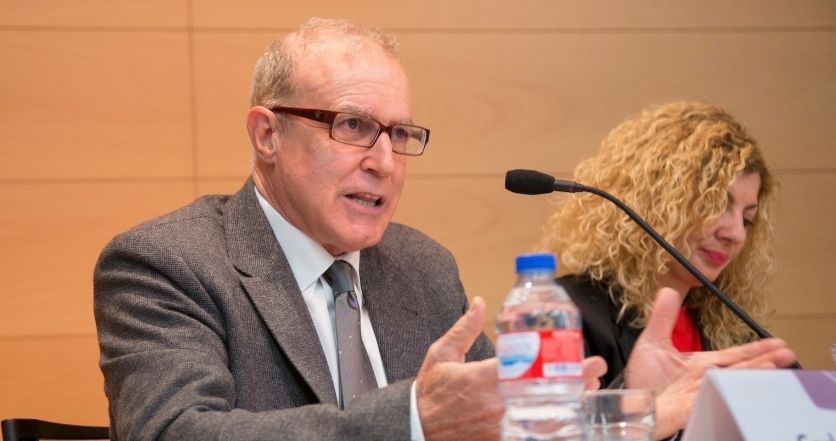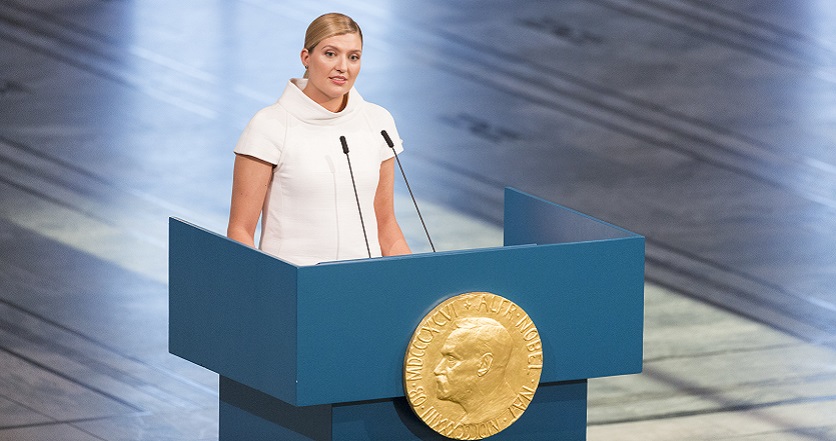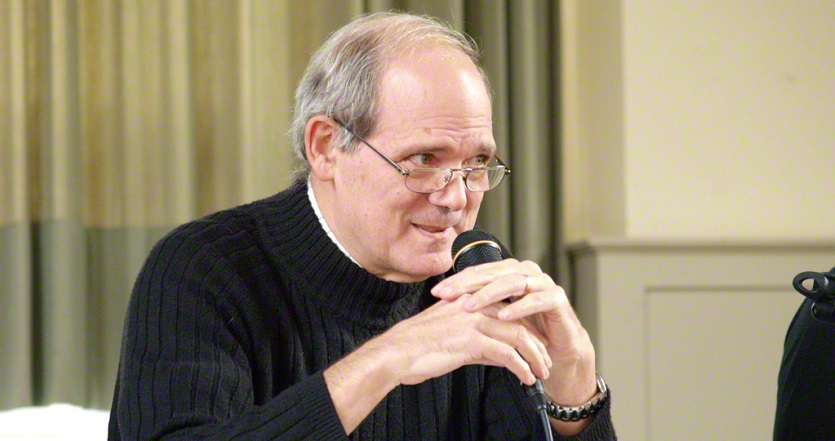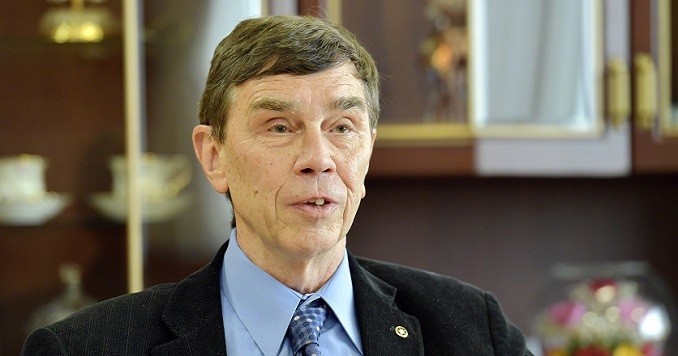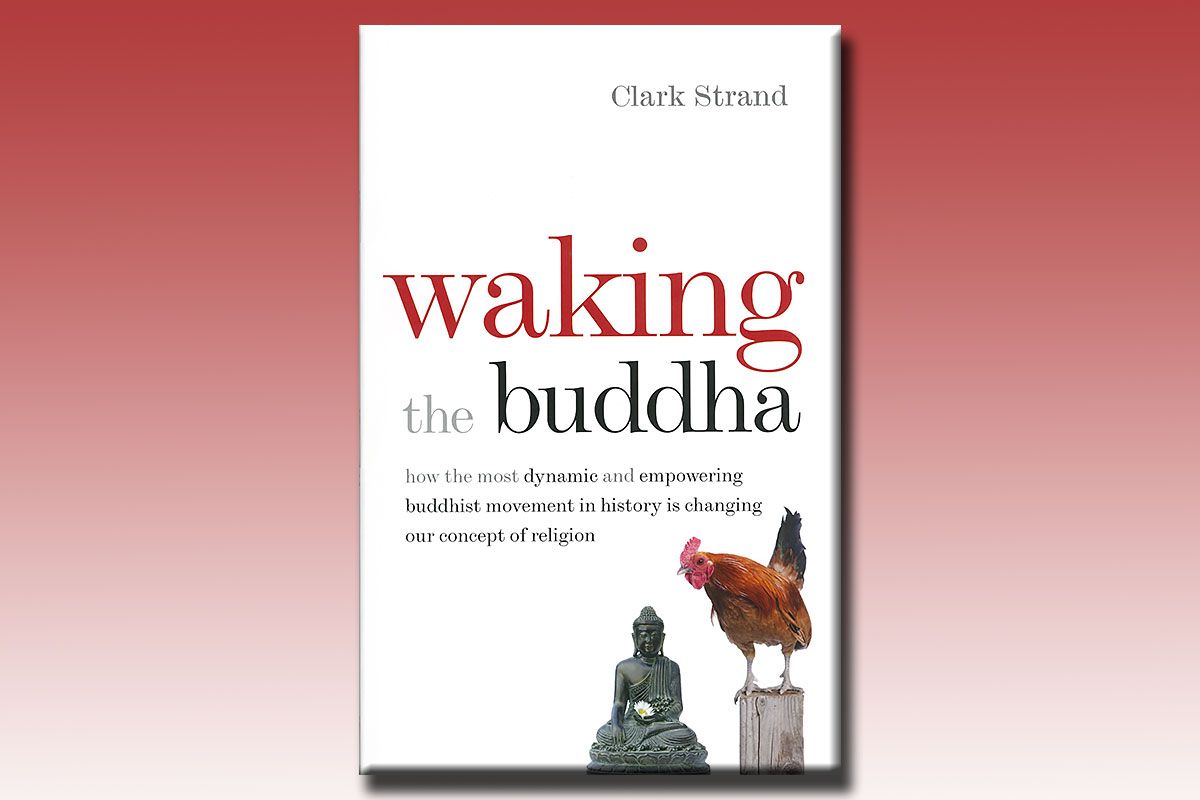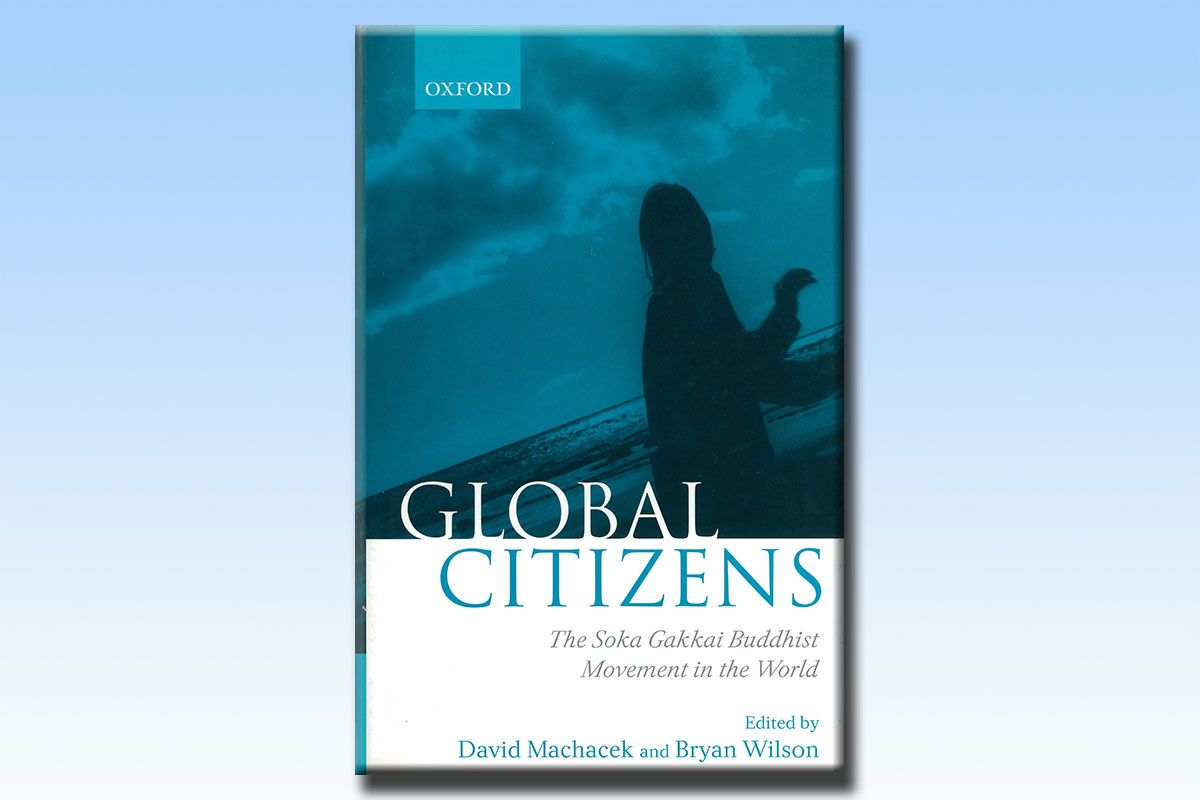Encountering the Dharma: Daisaku Ikeda, Soka Gakkai, and the Globalization of Buddhist Humanism
by Richard Hughes Seager
In Encountering the Dharma, Richard Seager, an American professor of religion trying to come to terms with the death of his wife, travels to Japan in search of the spirit of the Soka Gakkai. This book tells of his journey toward understanding in a compelling narrative woven out of his observations, reflections, and interviews, including several rare one-on-one meetings with Soka Gakkai president Daisaku Ikeda. Along the way, Seager also explores broad-ranging controversies arising from the Soka Gakkai’s efforts to rebuild post-war Japan, its struggles with an ancient priesthood, and its motives for propagating Buddhism around the world.







